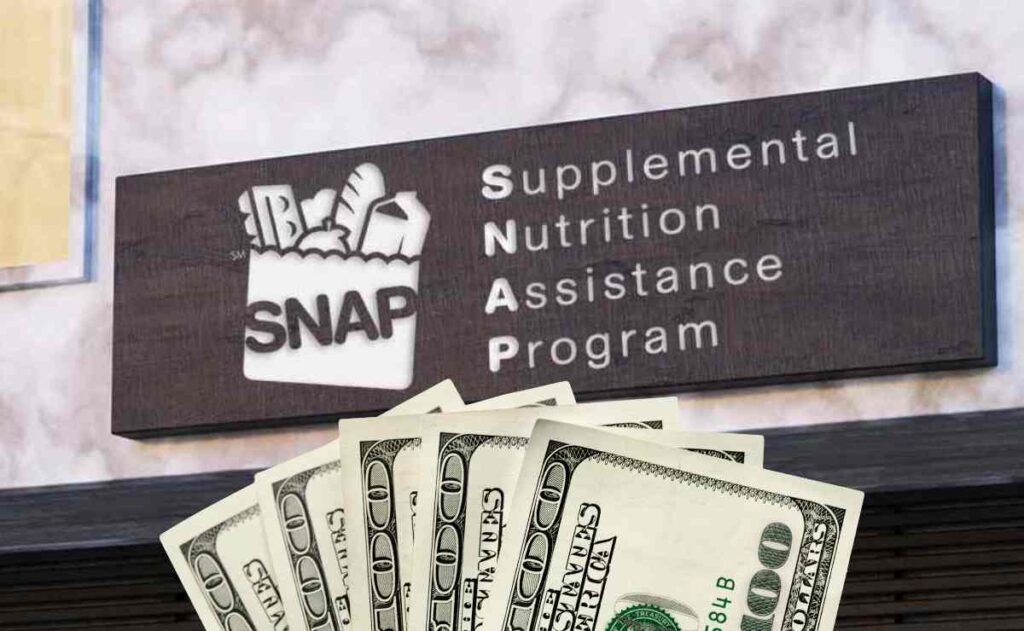USDA and the Food and Nutrition Service have announced when the new rules for SNAP recipients will come into effect. In fact, you should be aware of these changes if you get Food Stamps and you are an ABAWD.
ABAWD stands for Able-Bodied Adults Without Dependents. That is, you are between the ages of 18-52 and you have no children to look after or bring up. Th thing is these ages will be increased. Thus, it will increase the number of ABAWD.
New SNAP rule will increase the ABAWD ages
If you are currently an Able-Bodied Adult Without Dependents, you can only get Food Stamps for 3 months in 3 years unless you meet additional work requirements. For example, you must work for 80 hours per month.
That is about 20 hours per week if you are between the ages of 18-52 and are childless. Some ABAWD can qualify for an exemption. Those citizens who are pregnant, people with a disability, veterans, those who have left foster care and are aged 18-24 may get exemptions.
The new rule will affect Able-Bodie Adults Without Dependents aged 18-54. So, you will have to work for at least 80 hours per month to get Food Stamps for more than 3 months in 3 years. As a matter of fact, USDA will apply this rule on October 1, 2024.
How to meet ABAWD requirements to get SNAP
Some beneficiaries may worry about not being able to find work for 80 hours per month. If you live in an area where unemployment is high, it could be difficult to attain.
That is why USDA has set alternatives to Food Stamps recipients in this situation. Instead of working, you can take part in a work program for the same number of hours, 80.
For instance, recipients could join the SNAP Employment and Training or other eligible programs at the local, State, or Federal level. Combining work and training may also be possible but ask your SNAP office first.
